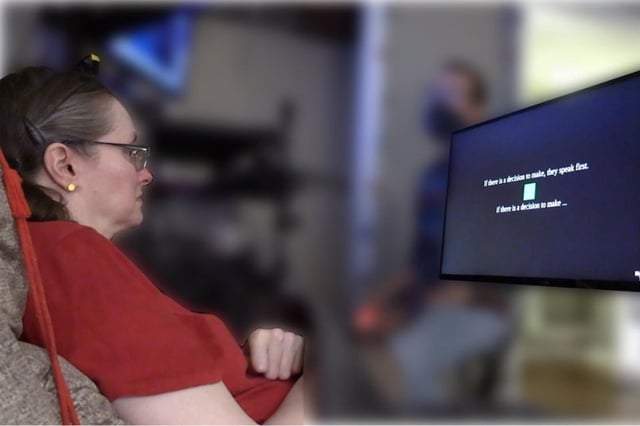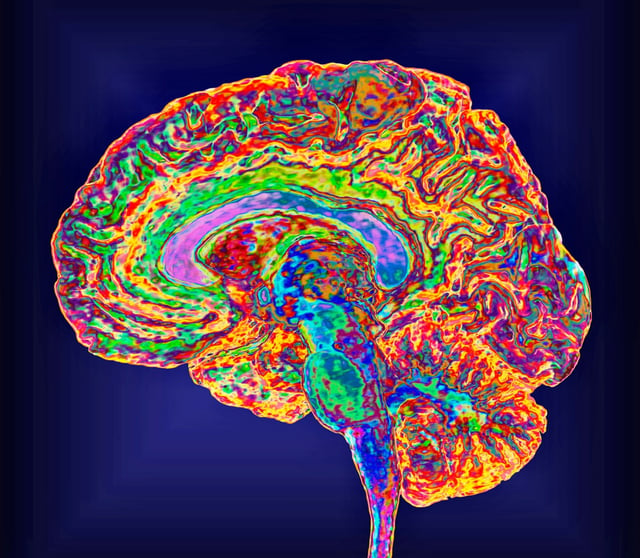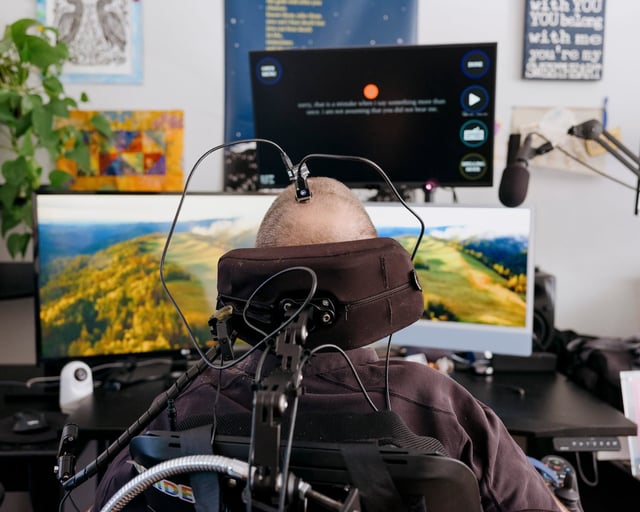Overview
- Researchers used microelectrode arrays in the motor cortex of four participants with paralysis to decode inner speech from a 125,000-word vocabulary with up to 74% accuracy.
- Participants achieved comfortable conversational rates of 120–150 words per minute by simply thinking sentences, marking a user-experience shift from previous attempted-speech BCIs.
- The system employs a mental password—“chitty chitty bang bang”—detected with about 98% accuracy to unlock decoding and safeguard internal thoughts.
- Current limitations include a small sample size, weaker neural activation for imagined speech compared with attempted speech, and inability to decode free-form spontaneous thought reliably.
- Experts call for follow-up studies, hardware and algorithm improvements, larger clinical trials, and robust regulatory frameworks to address mental-privacy and ethical safeguards.



